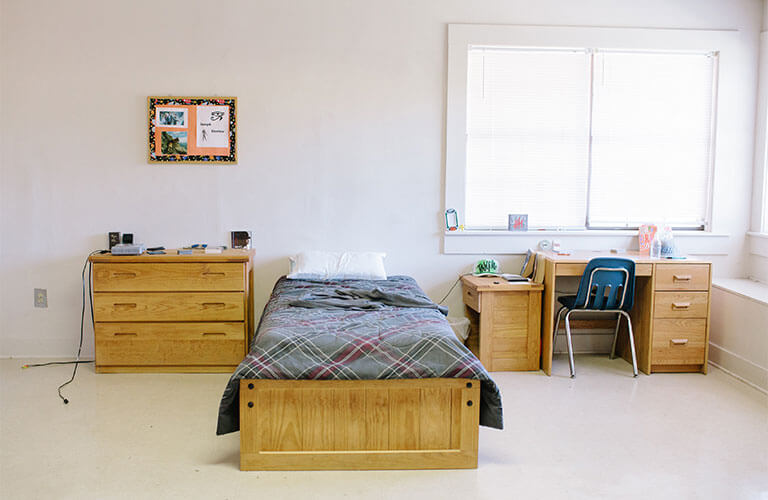Millcreek of Magee Treatment Center offers residential treatment and home-based programs for children & adolescents struggling with psychiatric and behavioral disorders.
Admissions Overview
At Millcreek of Magee Treatment Center, we understand how difficult it can be to make the decision to have your child placed in treatment, and we recognize how intimidating and overwhelming the overall admissions process can be. For this reason, our admissions staff works diligently to ensure that a smooth and timely transition into our care is offered for all potential patients.
We pride ourselves on our rapid response to inquiries and referrals, remaining steadfast in our goal to contact referral sources within an hour and to obtain a decision regarding a prospective patient’s placement within 24 hours of receiving all appropriate admissions documentation.
In order to provide all patients with appropriate recommendations for the level of care that they would most benefit from, we follow a steady guideline of admissions criteria coupled with thorough evaluations and the receipt of necessary documentation. The thoroughness of this process allows for a quick and streamlined admissions process to take place, ultimately providing patients with access to the care they need as quickly as possible.
Admissions Criteria
The admissions criteria for our psychiatric residential treatment program includes the following:
- The prospective patient is a male or female between the ages of 6 and 21.
- The child has a diagnosable psychiatric disorder. Admission for a primary diagnosis of substance abuse is not authorized but may be treated as a secondary diagnosis.
- The child has a full-scale IQ of 60 or above unless there is substantial evidence that the IQ score is suppressed due to psychiatric illness.
- The child’s psychiatric symptoms (including disturbances of thought and/or mood, disruptive behavior, or disturbances in social and family relationships) are severe enough to warrant residential treatment under the direction of a psychiatrist.
- The referring psychiatrist or psychologist advises that residential treatment is needed and is the most appropriate level of care to address the child’s presenting concerns.
At least one of the following must also be met:
- The child has failed to respond to less restrictive treatment in the last three months.
- Adequate less restrictive options are not available in the child’s community.
- The child is currently in an acute care facility whose professional staff advise that residential treatment is needed.
The admissions criteria for our intermediate care facility for individuals with intellectual disabilities (ICF/IID) includes the following:
- The prospective patient is a male or female between the ages of 6 and 21.
- There is documented evidence of a developmental disability
- The child must meet at least one of the following, per documented evidence:
- The child has no physical health complications that would severely hamper his or her participation in treatment.
- The child’s behavioral and/or emotional responses at home, school, and within the community warrants this level of care.
- A medical condition or disorder requiring attention that does not require emergency acute care hospitalization is present and is actively being treated and monitored.



